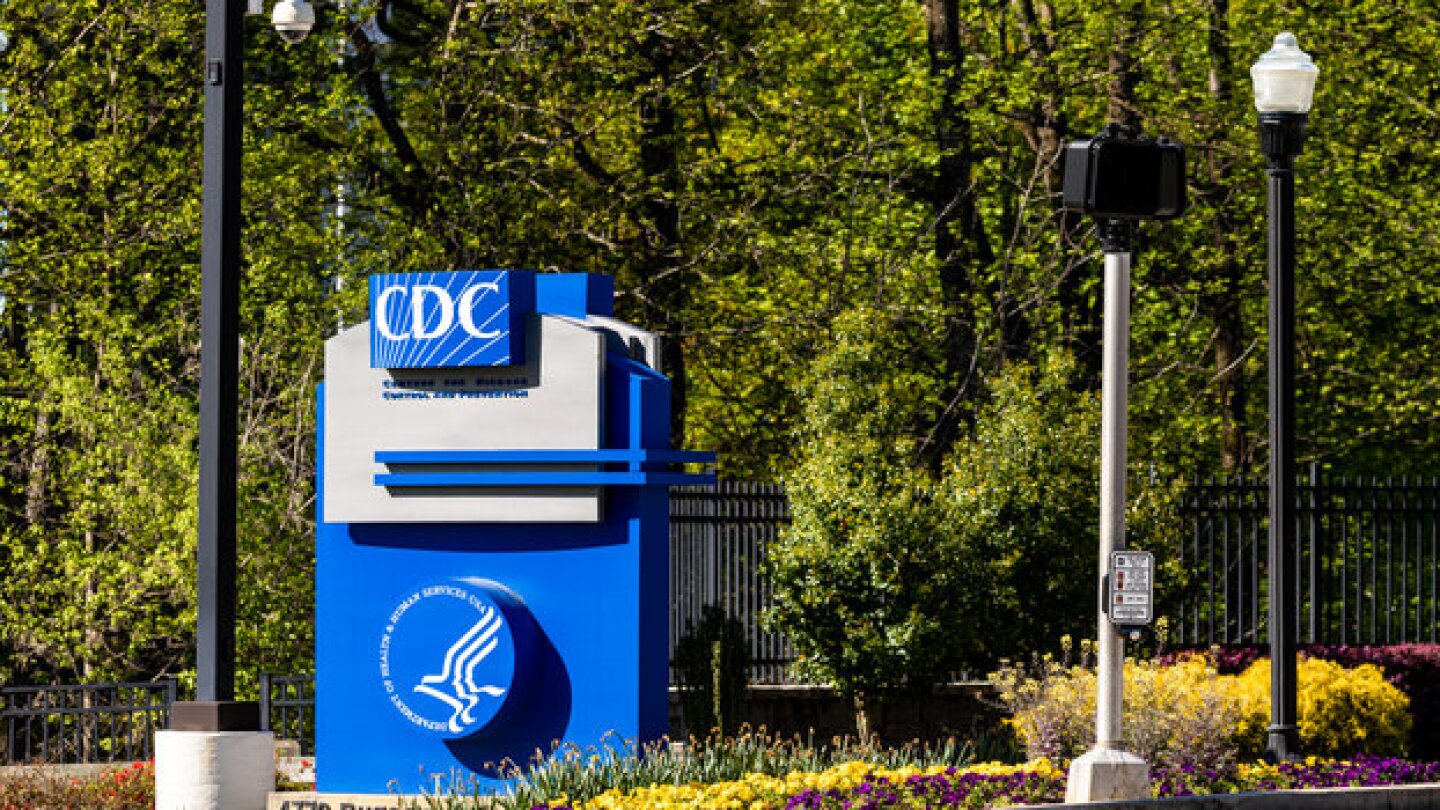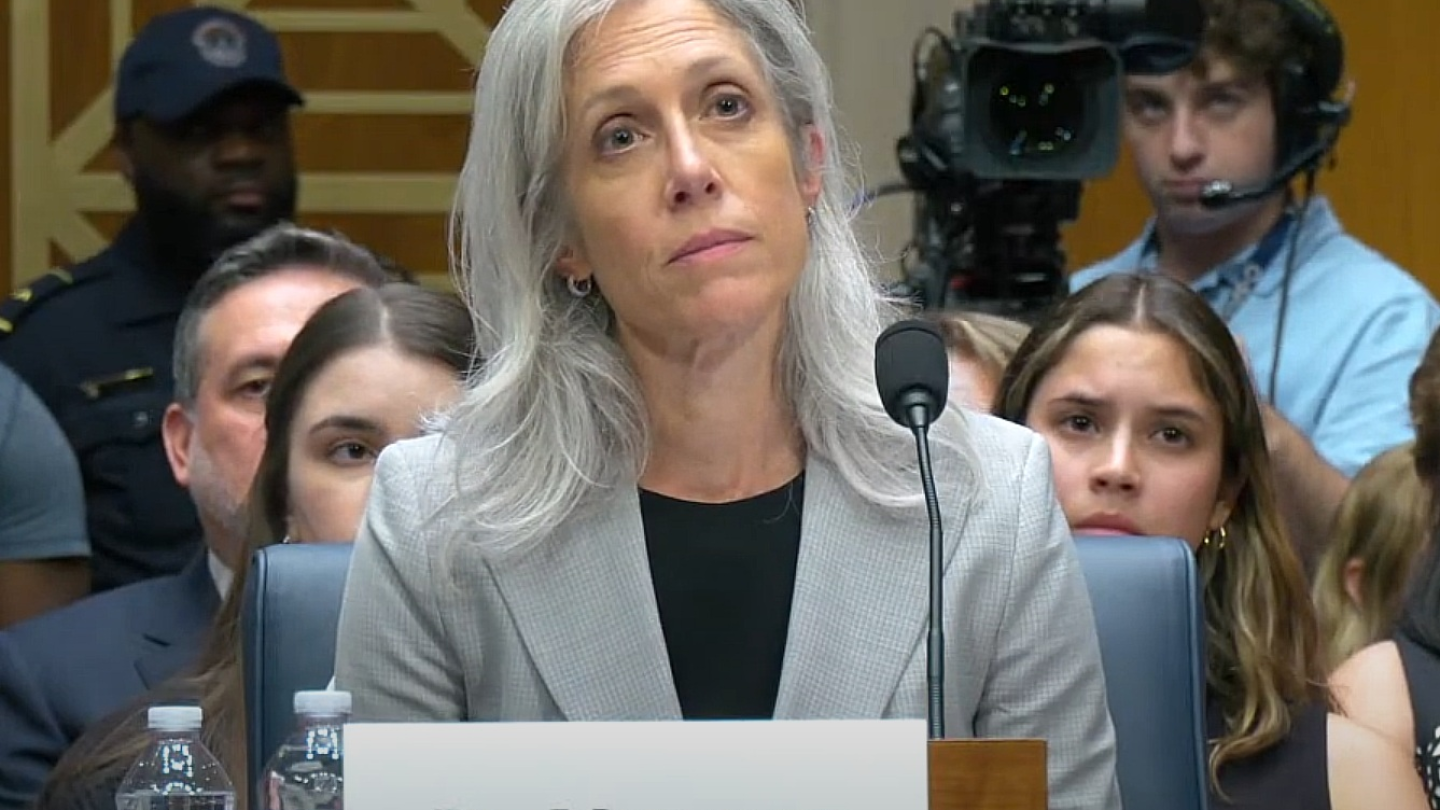CDC
The CDC accepted the recommendation of its advisory committee that the shot be delayed for many patients until they are at least two months of age due to safety concerns. The CDC itself has said the vaccine is safe and effective.
Johnson & Johnson has yet to make a drug pricing deal with Trump; Novo makes more moves under new CEO; more than 1,000 laid off from CDC, though many immediately hired back; the BIOSECURE Act is back and more.
The last few months have been tumultuous for the CDC, which has seen the ouster of Director Susan Monarez and all 17 members of the Advisory Committee on Immunization Practices.
The CDC’s Advisory Committee on Immunization Practices was scheduled to convene Oct. 22 to 23, but this meeting has been postponed, with no new date specified. The delay comes as the VA published new research showing that COVID-19 shots prevented hospitalizations and death.
The U.S. government remains shut down, with the FDA closed for new drug applications until further notice; cell and gene therapy leaders gather for the annual meeting in Phoenix with the field in a state of flux; Pfizer and Amgen will make drugs available at a discount as President Donald Trump’s tariffs still loom; and new regulatory documents show how Pfizer beat out the competition for Metsera.
A new group of CDC advisors voted last month to separate the chickenpox vaccine from the measles, mumps, rubella components of the MMRV shot due to concerns over febrile seizures, while recommending a more risk-based approach to COVID-19 immunizations that mirrors recent FDA approvals.
The FDA is hoping to repurpose GSK’s Wellcovorin for cerebral folate deficiency; Pfizer acquired fast-moving weight-loss startup Metsera for nearly $5 billion after suffering a hat trick of R&D failures; psychedelics are primed for M&A action and Eli Lilly may be next in line; RFK Jr.’s revamped CDC advisory committee met last week with confounding results; and Stealth secured its Barth approval.
After a tension-packed two days that saw recommended changes to the MMRV vaccine schedule and COVID-19 vaccine access, as well as a delayed hepatitis B vaccine vote, policy experts expressed concern with the reconstituted committee’s dearth of previous experience and understanding of their role.
BMO Capital Markets analysts said the first day of the CDC vaccine advisory committee meeting Thursday had anti-vaccine overtones as the panel, which was revamped by Health Secretary Robert F. Kennedy, Jr. in June, voted to recommend that children under four receive the measles, mumps, rubella (MMR) vaccine separately from a chickenpox vaccine. Today the advisors will vote on changing the childhood schedule for the hepatitis B and COVID-19 vaccines.
During a hearing in front of the Senate’s HELP committee, Susan Monarez addressed her controversial firing and recalled a conversation where Health Secretary Robert F. Kennedy Jr. allegedly said that “CDC employees were killing children and they don’t care.”
PRESS RELEASES





